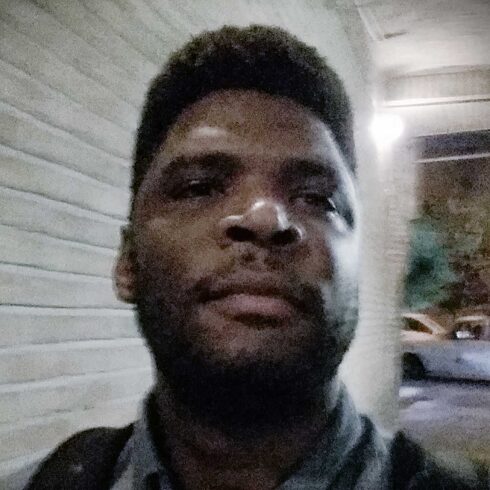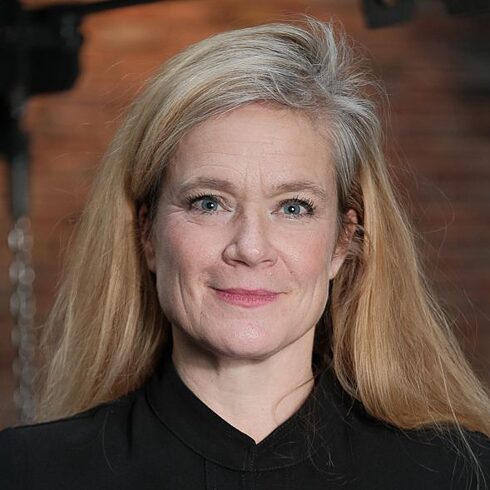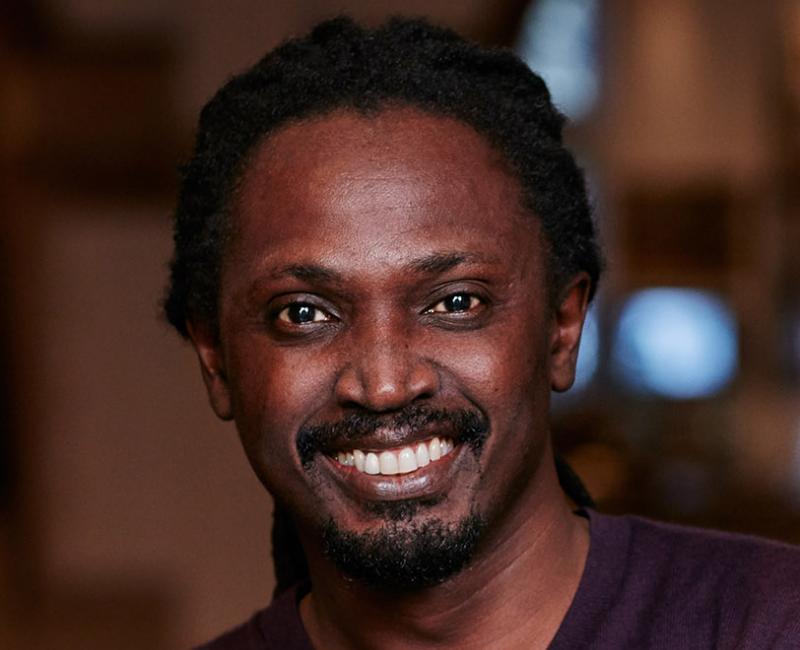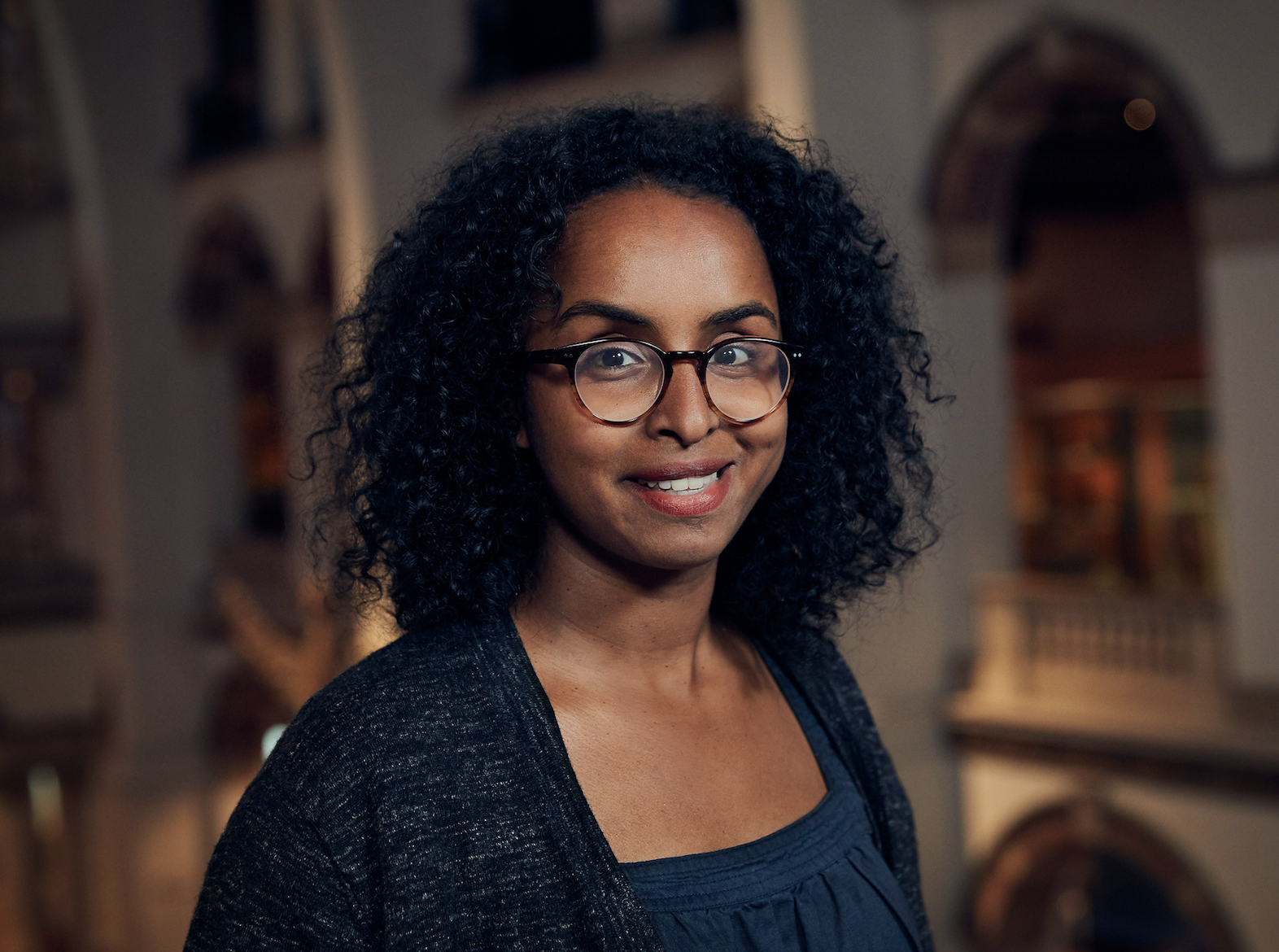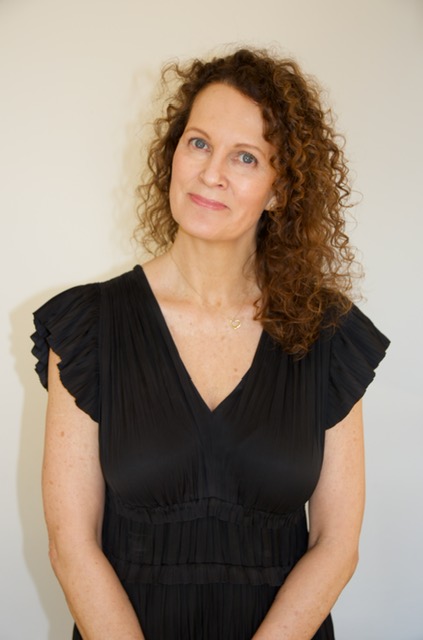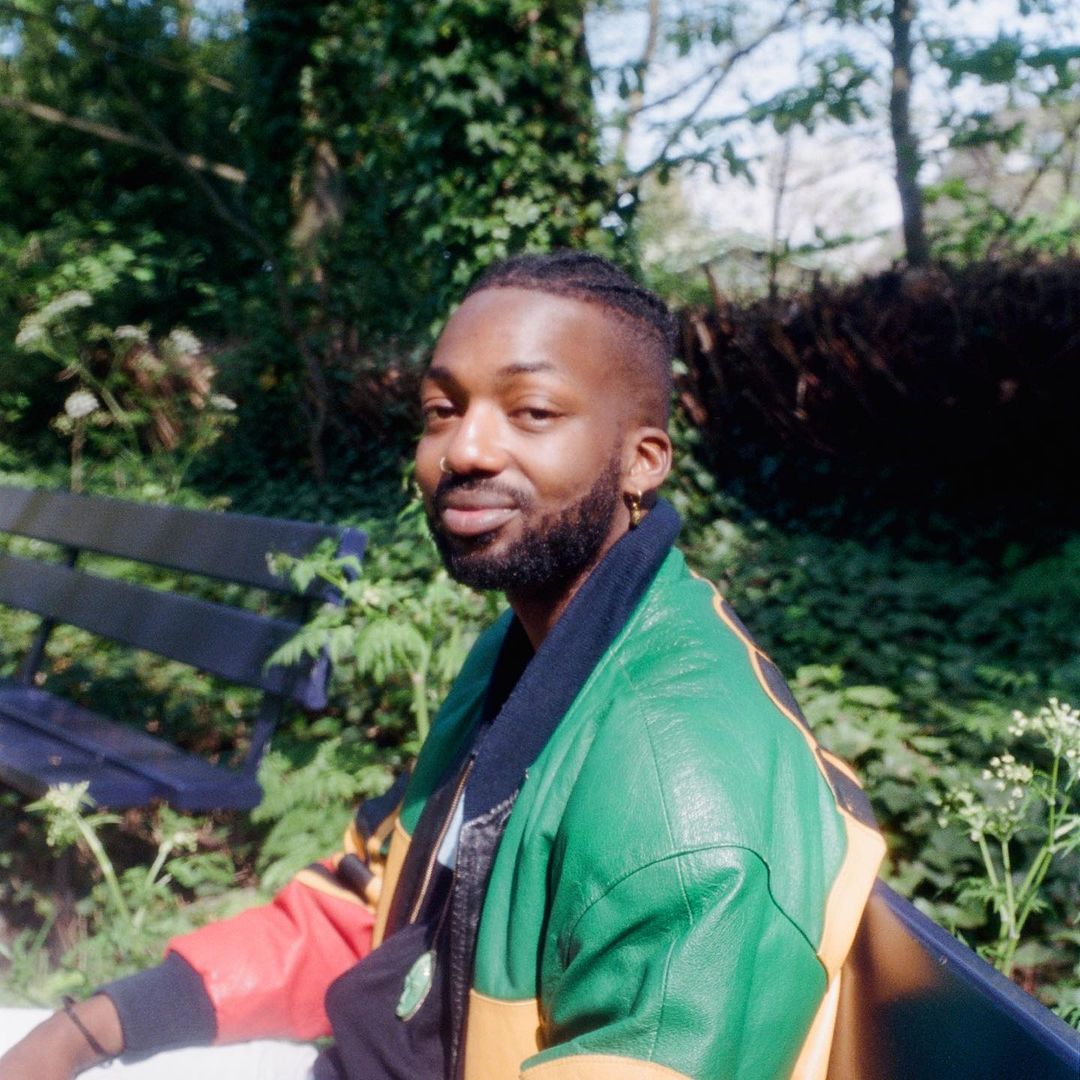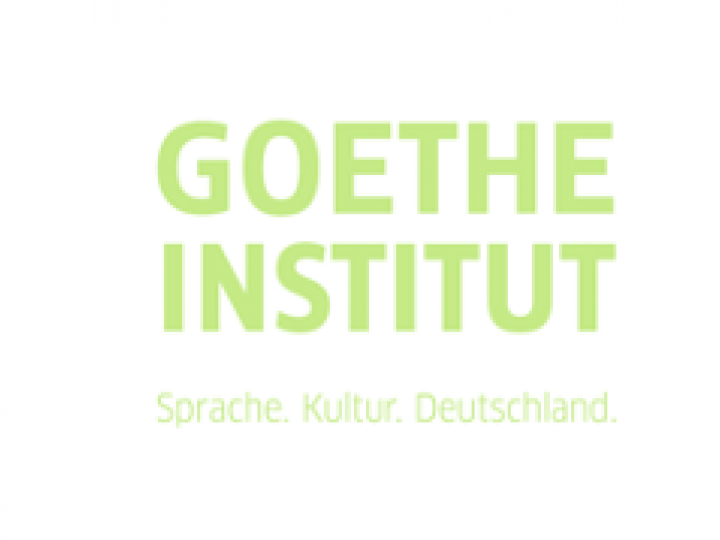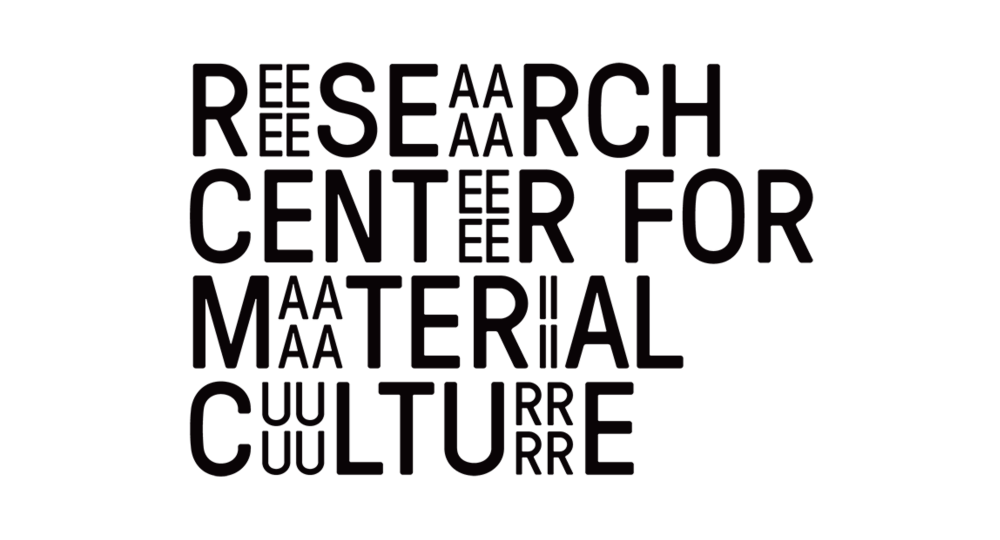![Image showing Den Tur Circumstansia Nos Lo Sigi Move [Under All Circumstances We Will Continue To Move]](/sites/default/files/styles/hero/public/l.jpg?h=900facce&itok=ykoavmPd)
As engagement with social justice initiatives and movements such as Black Lives Matter continues to grow worldwide, so too does social pressure and the collective call to create change. Essential to these discussions and debates are the artists, communities, activist initiatives and intellectuals from the Global South and the diaspora whose voices and involvement are crucial to ensure a successful re-imagining and re-defining of how we think about the care and placement of illegally obtained artifacts and cultural objects currently housed within European collections. In keeping with this line of thinking, European museums are increasingly becoming interested in confronting the violent histories of their collections. It is in direct response to these developments that we see the potential for this project to make a valuable contribution to the ongoing discourse about decoloniality and restitution. It is here, when one speaks of practicing freedom, that the project aims to address, research, and practice how decoloniality is activated in different sites and in multiple temporalities.
With this project, we attempt to facilitate opportunities to collectively unpack the topic of restitution by focusing on artistic practices, cultural work and initiatives that are founded on the desire for radical transformation and a commitment to creating change. With cultural heritage objects at the center of the project, and even more importantly, the life and spirit of cultural heritage objects as depositories of flows and energies, Practicing Freedom is also about confronting cultural amnesia through everyday memory work and a recognition of the knowledge and spiritual systems that are connected to cultural heritage objects. Working with researchers, artists, museum professionals, and existing collaborative initiatives and research projects, Practicing Freedom takes the shape of: workshops; residencies; panel discussions and lectures; podcasts; artistic interventions; and a final exhibition project and publication that will tie the numerous threads of the project together.
PUBLIC EVENT
The Afterlives of Objects
With The Afterlives of Objects we seek to inquire and interrogate publicly with and among different stakeholders, communities, artists and activist initiatives about the possibility of redress and awareness. By initiating this series of events, we seek to include different perspectives and positions to complicate and engage with (im)material culture, communities and spiritual realms with and among which these cultural heritage objects are intrinsically intertwined. This public conversation between Wayne Modest (Director of Content National Museum of World Culture) and Nanette Snoep (Director of the Rautenstrauch-Joest Museum) with a poetic intervention by Quinsy Gario is the first public event that will take place within the context of the Practicing Freedom project.
PUBLIC EVENT:
- Date: 14 October 2022
- Time: 19.30 - 21.30
- Location: Goethe-Institut Amsterdam (Herengracht 470, Amsterdam, Netherlands)
- To attend this public event please register here: Practicing Freedom - The Afterlives of Objects Tickets, vrij, 14 okt. 2022 om 19:30 | Eventbrite
This public event is developed and hosted in collaboration with the Research Center for Material of Culture at the Nationaal Museum van Wereldculturen is part of the project Practicing Freedom: Regarding Decoloniality and the Afterlife of Cultural Heritage Objects initiated by the Goethe-Institut, conceptualized and curated by the Artistic Directors Amal Alhaag and Selene Wendt.
